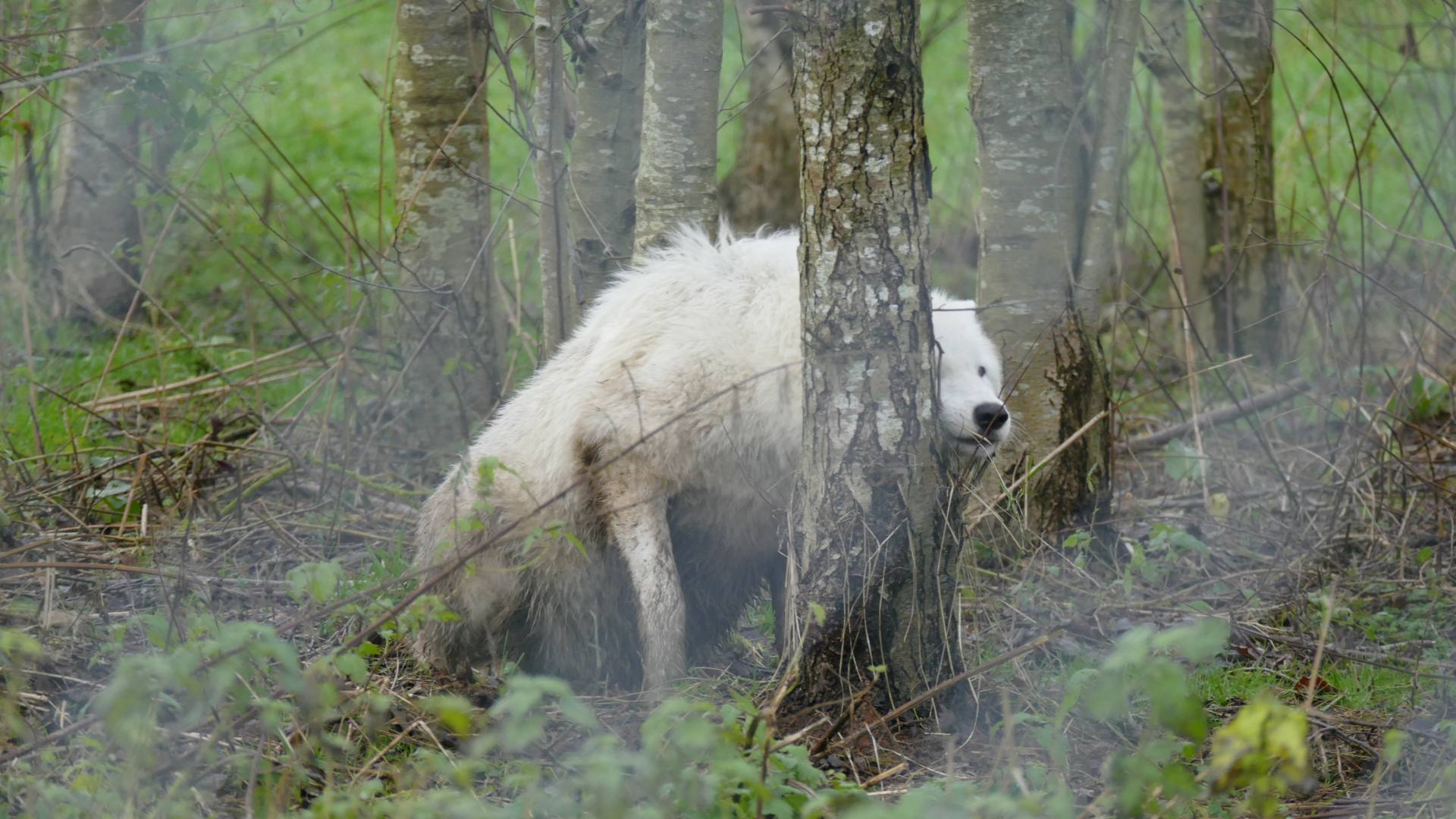

The Arctic thus fits within Beijing’s broader global agenda, which seeks to advance economic growth, assert regional and global leadership in evolving economic and security architectures, 7 and legitimize China’s role in “contributing our share to the building of a community with a shared future for mankind,” to quote Vice Foreign Minister Le Yucheng. 5 This phrase is an increasingly dominant frame in Chinese messaging, which encompass the idea that China must be more active in shaping global affairs as it seeks to realize the “Chinese dream” of what Xi Jinping refers to as the “great rejuvenation”-essentially, China’s return to the center of world civilization. In an illustrative article for the Guanming Daily in April 2021, Dong Yongzai, a research associate at the People’s Liberation Army (PLA) Academy of Military Science, echoes a common theme in Chinese political, academic, and media commentary: namely that China “should play a constructive role in improving the rules of polar governance, promoting peace and stability in the polar regions, and safeguarding the common interests of all countries and the international community.” 4 In so doing, Beijing advances the “community of human destiny” in the polar regions. 3 Lacking a geographical connection to the Arctic, China legitimizes this status through extensive scientific research, investment, and economic development in the North. Many of these Arctic narratives are defined by suspicion and even fatalism stemming from assumptions that an increasingly powerful China seeks to undermine the sovereignty of Arctic states and co-opt regional governance mechanisms to facilitate Beijing’s access to resources to fuel and new sea routes to connect China’s growing, informal, global empire.įor years, People’s Republic of China (PRC) official statements and state-run media have asserted that China is a near-Arctic state ( 近北极国家, jin beiji guojia) and an “important stakeholder in Arctic affairs” ( 北极利益攸关者, beiji liyi youguanzhe) 2 with the right to a greater role in Arctic governance, defining the region as a global commons ( 全球公域, quanqiu gongyu) rather than a strictly regional space. One of the most dramatic of these has been polar narratives of China’s rising interests as a “near-Arctic state” and Beijing’s future designs for the region, which have become a staple of the burgeoning literature on Arctic security and governance over the past decade. The rise of China and the shift toward a multipolar world has dominated international relations discourse over the past 20 years, 1 prompting various regional narratives that seek to frame and understand specific Chinese intentions and capabilities. China’s push into the Arctic has met far more resistance, and its presence remains far more tenuous, than Beijing advertises. In overinflating the importance of China as a regional actor, commentators have often overstated the scale of Chinese investment and other forms of engagement in the Arctic.

We contend that, although the Arctic fits within Beijing’s broader global agenda of shaping the international system, China is not a peer or even near-peer of the Arctic states in an Arctic context. This article questions such narratives, which tend to echo Beijing’s own narrative about the importance and significance of China’s Arctic presence.

China’s interests in and future designs for the region have become a staple of the burgeoning literature on Arctic security and governance, seemingly legitimizing China’s claim to be a core actor in the circumpolar North. The People’s Republic of China (PRC) asserts that it is a “near-Arctic state” and an “important stakeholder in Arctic affairs” with the right to a greater role in Arctic governance.


 0 kommentar(er)
0 kommentar(er)
